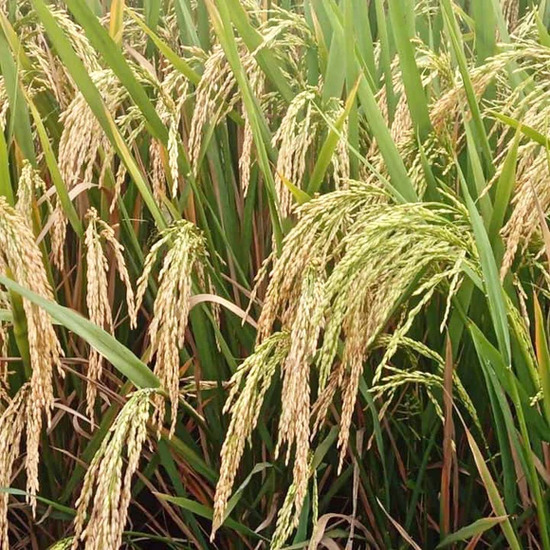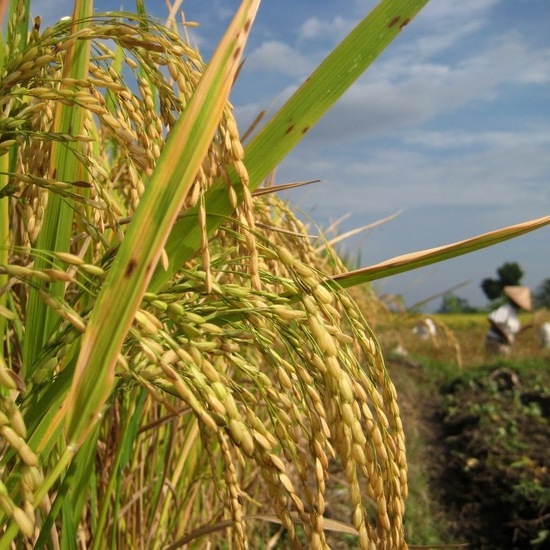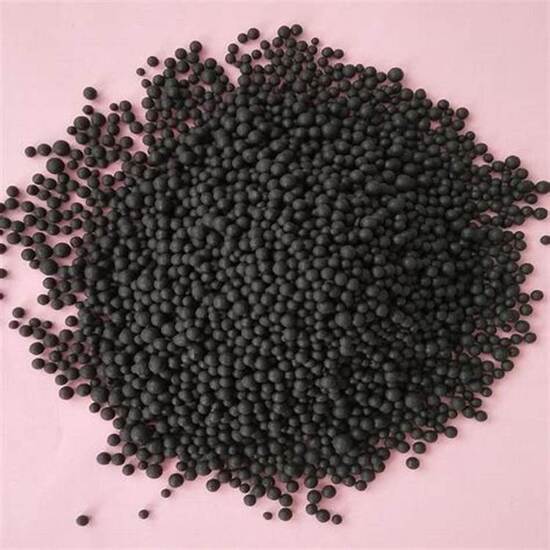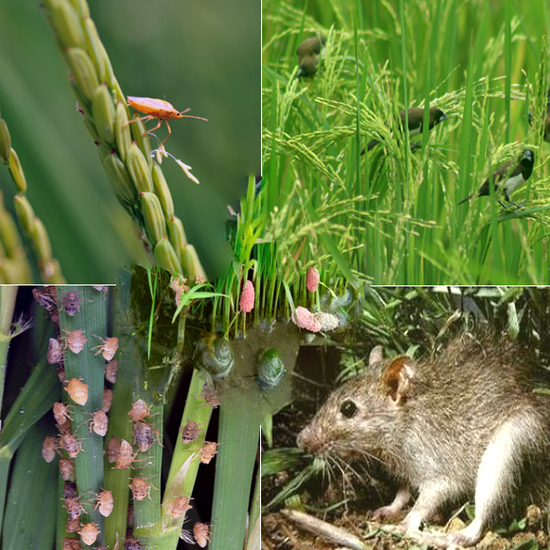Fertilizer and Nutrient Optimization Strategy for Sustainable Rice
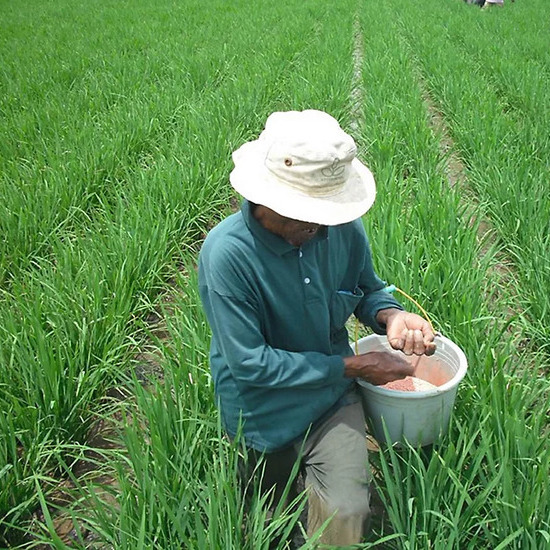
Successful rice cultivation cannot be separated from a deep understanding of the need for proper nutrition and fertilization. This article presents a complete guide to the various types of fertilizers suitable for rice, including organic fertilizers such as compost and manure, as well as inorganic fertilizers such as urea, SP-36, and KCl. We also discuss effective fertilization techniques at each stage of plant growth, from basal fertilization to supplementary fertilization, designed to maximize yields and rice quality.
In addition, this article emphasizes the importance of sustainable fertilization management to maintain the balance of the agricultural ecosystem and reduce negative impacts on the environment. By implementing the principles of timely and appropriate fertilization, as well as utilizing organic fertilizers, farmers can achieve high productivity while maintaining long-term soil health. PT Matari Agro Indonesia is ready to support farmers with comprehensive consulting and training services to realize sustainable and productive rice farming.
The Importance of Fertilization in Rice Cultivation
Fertilization plays an important role in rice cultivation, as it provides essential nutrients needed by plants to grow. Adequate nutrition can increase yields, rice quality, and resistance to pests and diseases.
Types of Fertilizers for Rice
Choosing the right fertilizer is essential for the success of rice cultivation. Here are some types of fertilizers that are commonly used:
Organic Fertilizers
- Compost: Compost is an organic fertilizer made from natural materials such as plant waste and animal waste. Compost improves soil structure and increases the soil’s ability to retain water.
- Manure: Made from animal waste, manure provides macro and micro nutrients that are essential for rice plants.
- Green Manure: This fertilizer comes from certain plants that are planted and then plowed into the soil. Green manure is rich in nitrogen and improves soil structure.
Inorganic Fertilizers
- Urea: Urea is a source of nitrogen that is very important for the vegetative growth of rice plants. Proper use can increase leaf and stem production.
- SP-36 (Superphosphate): This fertilizer contains phosphorus which is important for root formation and rice seed development.
- KCl (Potassium Chloride): Potassium is needed for the process of photosynthesis and increases plant resistance to pests and diseases.
- NPK (Nitrogen, Phosphorus, Potassium): This fertilizer contains all three main macronutrients in one product, making it easier for farmers to provide balanced fertilizer.
Effective Fertilization Techniques
Proper fertilization involves knowledge of the nutritional needs of rice at various stages of growth. Here are some effective fertilization techniques:
Basic Fertilization
Basic fertilization is done before planting, usually using organic fertilizers such as compost or manure. This helps improve soil structure and provides the initial nutrients needed by young plants.
Follow-up Fertilization
Follow-up fertilization is given during plant growth, usually in several stages:
- Early Vegetative Stage: High nitrogen fertilizers such as urea are given to stimulate leaf and stem growth.
- Panicle Formation Stage: High phosphorus fertilizers such as SP-36 are given to strengthen roots and support seed formation.
- Seed Filling Stage: High potassium fertilizers such as KCl are given to improve seed quality and plant resistance.
Sustainable Fertilizer Management
Excessive use of fertilizers can cause environmental pollution and health problems. Therefore, sustainable fertilizer management is very important. Here are some principles that can be applied:
- Timely Fertilization: Applying fertilizer at the right time according to the rice growth stage to avoid waste and pollution.
- Right Dosage: Using the right dosage based on soil analysis and plant needs.
- Use of Organic Fertilizers: Reducing dependence on inorganic fertilizers by utilizing organic fertilizers to improve long-term soil health.
Understanding the right types of fertilizers and fertilization techniques is essential to increase productivity and sustainability of rice cultivation. By implementing effective fertilization practices, farmers can achieve optimal yields while maintaining the balance of the agricultural ecosystem. PT Matari Agro Indonesia is ready to support farmers with integrated agricultural consulting and training services to realize sustainable and productive rice farming.
Practical Application in the Field
As part of PT Matari Agro Indonesia’s support, we provide practical guidance and training on effective methods of fertilization and rice nutrient management. We also offer consulting services to assist farmers in determining the right type of fertilizer and dosage based on the specific conditions of their land.
For more information on rice fertilization and nutrition, please visit our website or contact our team of agronomists. PT Matari Agro Indonesia is committed to providing accurate and up-to-date information to support your farming success.
Proper fertilization is key to achieving maximum rice yields. By understanding the various types of fertilizers and effective fertilization techniques, farmers can increase their agricultural productivity and sustainability. PT Matari Agro Indonesia is always ready to assist with the best solutions and services to support the success of rice farming in Indonesia.
Matari Agro Indonesia is one of the most affordable and farmer-friendly agricultural consulting companies in Indonesia. We provide top-class agricultural consulting services across the country with the help of a diverse team of scientists, operational experts, and technology. If you are looking for a better return on investment for your agricultural investment, contact the Matari Agro Indonesia team today!
